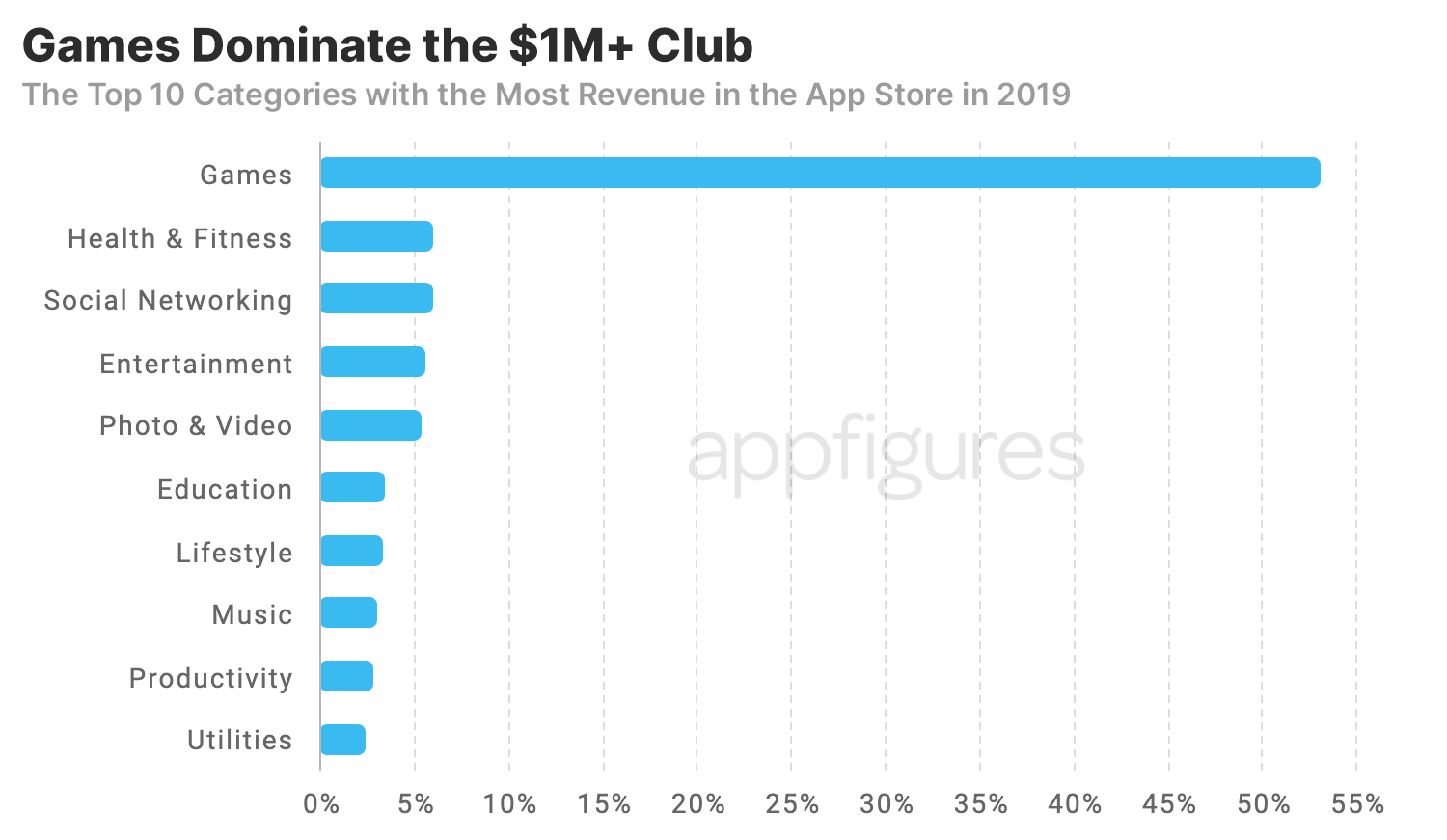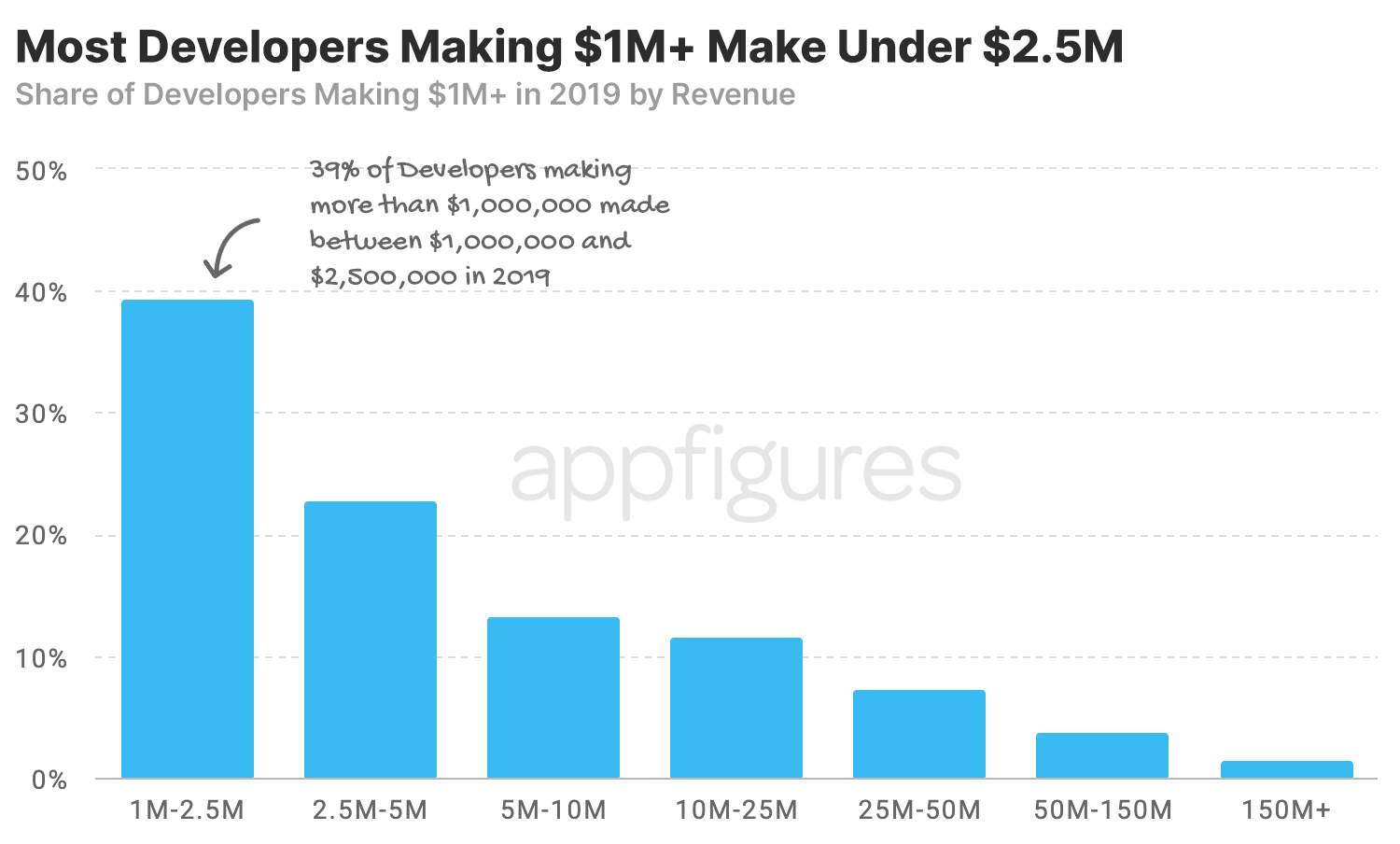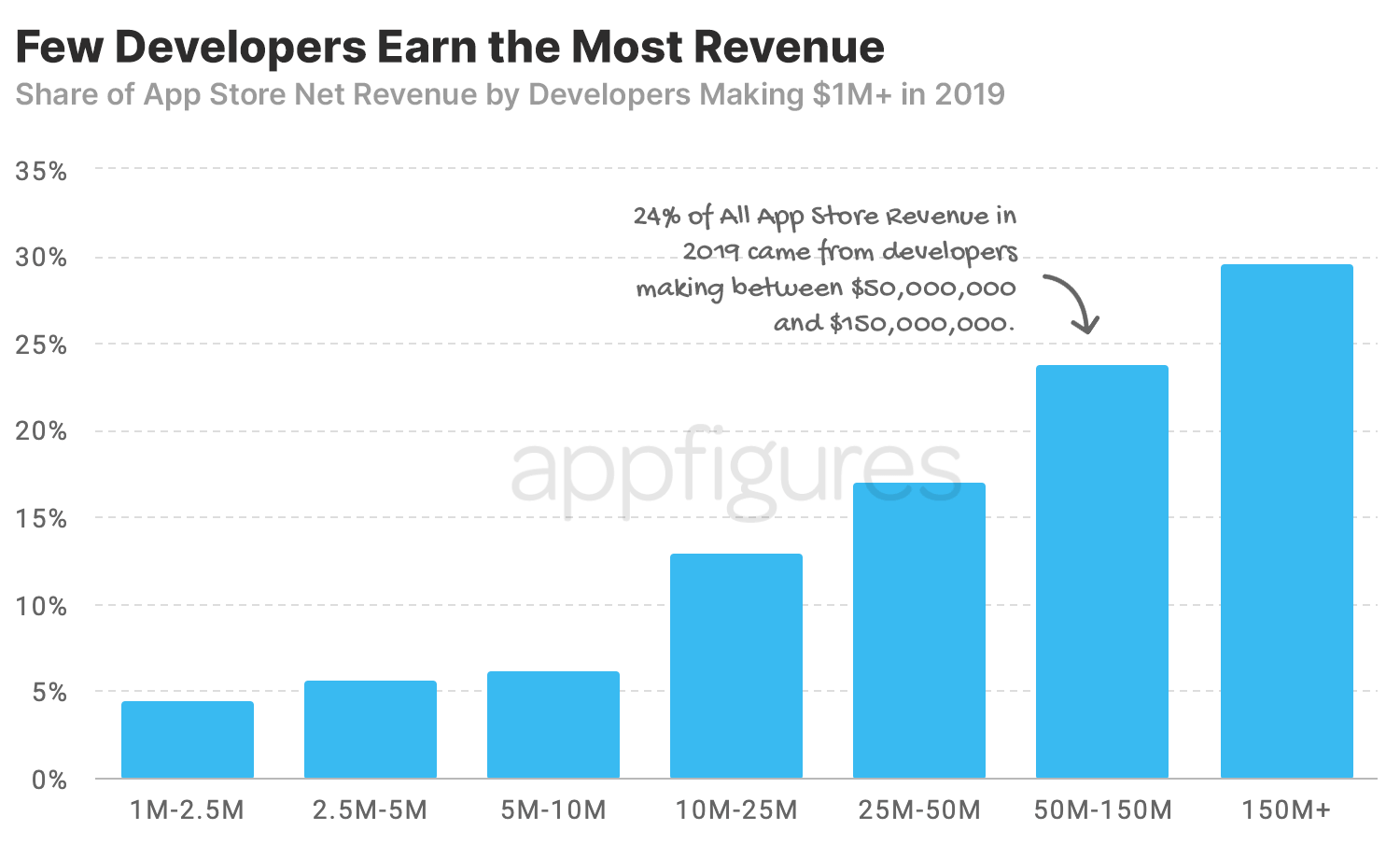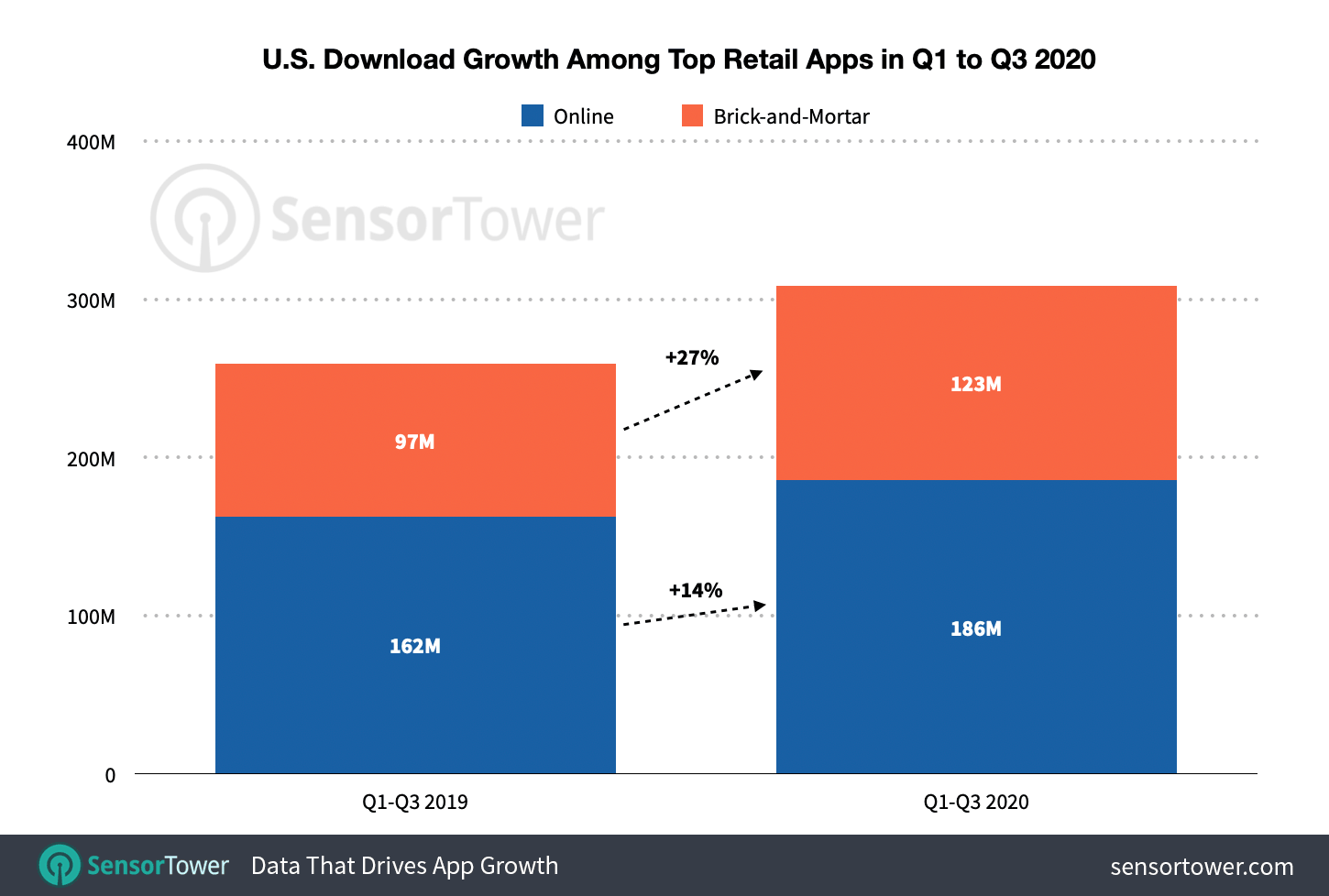Richard Jones Contributor
Richard is CMO of
Cheetah Digital, a cross-channel customer engagement solution provider. As an expert in zero-party data, he is committed to helping brands provide a value exchange with consumers through the lifecycle in return for consumer attention, engagement and loyalty.
2020 has brought about much-needed social movements. In June, activists launched the Stop Hate for Profit campaign, a call to hold social media companies like Facebook accountable for the hate happening on their platforms.
The idea was to pull advertising spending to wake these social platforms up. More than 1,200 businesses and nonprofits joined the movement, including brands such as The North Face, Patagonia and Verizon. I led my company, Cheetah Digital, to join alongside some of our clients like Starbucks and VF Corp.
Stop Hate for Profit highlighted social media hitting its tipping point. Twitter and Snapchat chose to stand up against hate speech, banning political ads and taking action to flag misinformation. Facebook, unfortunately, has not yet been as proactive, or at best it’s been sporadic in its response.
While many thought the movement would come and go, the reality is it has only just begun. With America conducting arguably its most divisive election in history, these problems won’t just go away. For marketers, Stop Hate for Profit is more than a social movement — it is pointing to an issue with ad tech as a whole.
I believe we are seeing the downfall of ad tech as we know it with social media boycotts and data privacy leading the charge.
The social media quagmire
In May, Forrester released a report titled “It’s OK to Break Up with Social Media” that contained statistics indicating that consumers are fed up with social media: 70% of respondents said they don’t trust social media platforms with their data. Only 14% of consumers believe the information they read on social media is trustworthy. 37% of online adults in the U.S. believe social media does more harm than good.
Here is the reality we need to get back to: Social media isn’t built for marketers to reach consumers. In the beginning of the social media craze, brands rushed to get on board and join the conversations. What many brands discovered is these channels became a platform for customer complaints not for building positive brand perception. Furthermore, the social platforms marketers flocked to as an avenue to reach customers began charging marketers just to get to the customers.
The algorithms that define what content you see unfortunately make it harder for people to see opposing views, and this more than anything else polarizes society further. If you start looking at QAnon content, very soon that’s all the algorithms feed you. You might spend more time on social platforms fueling their ad dollars, but you have also lost a grip on reality. Marketers must admit things have gone too far on social media and it is okay to move on.
Privacy matters
Imagine you are in need of a minor surgery. Perhaps you take an Uber ride to the specialist for a consultation. Next, you go get the surgery and it is successful. Soon you find yourself at home recovering and all is well. That is, until you start scrolling Facebook. Suddenly advertisements pop up for medical malpractice lawyers, but you haven’t told anyone about the surgery and you certainly didn’t post about it on social media.
Here you are, just wanting to rest and recover at home, but instead you are being bombarded by advertisements. So how did those ads get there? You left a digital footprint, your data was sold and now you’re being hit with intrusive ads. To me, this story crystallizes the abuse ad tech has been fostering in the world around us. There’s an utter invasion of privacy and consumers aren’t blind to it.
Data privacy has been a focus of conversation for marketers for several years now. Just this year, America saw the California Consumer Privacy Act (CCPA) go into effect and become enforceable. This legislation gives back control of data to the consumer. In June, Apple announced updates to make it harder for apps and publishers to track location data and use it for ad targeting. At the beginning of August, Meredith and Kroger announced a partnership to provide first-party sales data for advertising efforts in an attempt to move off of cookies. It is clear data privacy is not a fad going away anytime soon.
Where do marketers go from here?
I believe the future of marketing is the trust economy. The Stop Hate for Profit campaign, the invasion of privacy and shifting attitudes and behaviors of consumers point to the end of an era where marketers relied upon third-party data. Trust is now the most impactful economic power, not data. We conducted research earlier this year with eConsultancy, and our findings revealed that 39% of U.S. consumers don’t like personal ads driven from cookie data. People don’t want to be tracked and targeted as they click around the web. Ad tech’s roof is caving in and marketers must adjust.
The old methods of marketing won’t carry you through into the era of the trust economy. It is time to look to new channels and revisit old channels. We have to shift back to the channels where we own what is being said. Advertising on social platforms should be focused on driving consumers to owned channels where you can capture their permissions and data to connect with them directly. Consider email as a channel to focus on.
Don’t worry — it works. That same eConsultancy report found nearly three out of four consumers made a purchase in the last 12 months from an email sent by a brand or retailer and massively outperformed social ads when it came to driving sales. Similarly nine times as many U.S. consumers want to increase their participation in loyalty programs in 2020 than those that want to reduce their involvement. You have to ensure you are owning your data and loyalty programs are a treasure trove of consumer data you own. Emily Collins from Forrester does a good job of explaining why you can achieve this with a true loyalty strategy, not just a rewards program.
Your goal should be to build direct connections to consumers. Building trust means offering a value exchange for data and engagement, not going and buying it from a third-party. Fatemah Khatibloo, a principal analyst for Forrester wrote, “Zero-party data is that which a customer intentionally and proactively shares with a brand. It can include purchase intentions, personal context, and how the individual wants the brand to recognize her.” This zero-party data is foundational for the trust economy and you should check out her advice on how it helps you navigate privacy and personalization.
Take responsibility
The trust economy is really about asking yourself, as a marketer, what you stand for. How do you view your relationship with consumers? Do you care? What kind of relationship do you want? Privacy has to be part of this. Accountability is crucial. We must be accountable to where we are putting our money. It’s time to stop supporting hate, propping up the worst of society and fueling division. Start taking responsibility, caring about social issues and building meaningful relationships with consumers built on trust.

from Apple – TechCrunch https://ift.tt/33bdgtf




